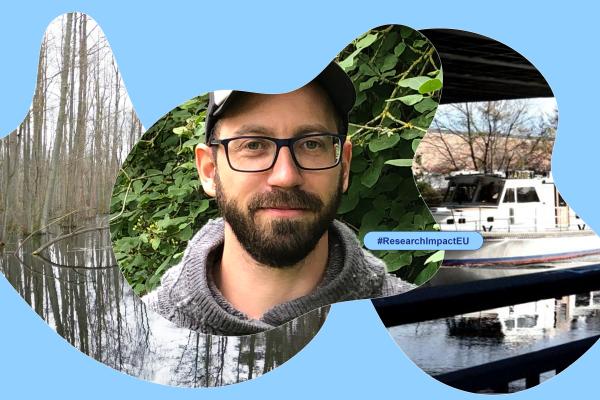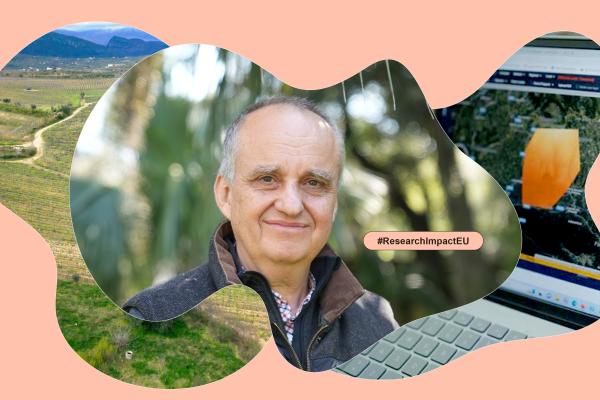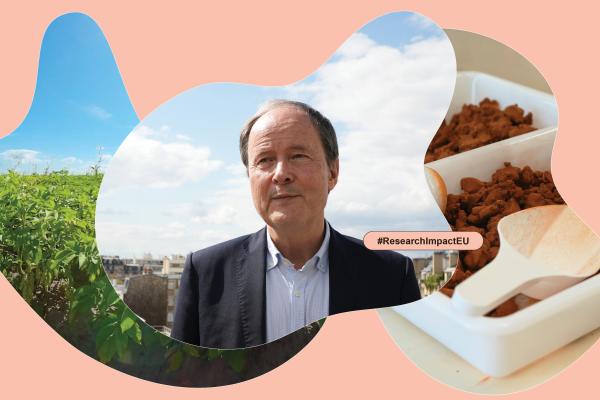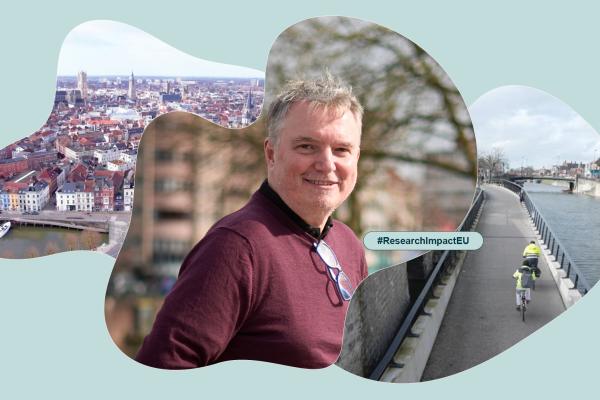On a mission to make water resilient to climate change
‘In the Netherlands, our problem used to be keeping water out. Now we are trying to keep it in’
The work of Dr van Engelenburg and her fellow European researchers within the BINGO project was to design innovative ways to ensure that our water-management systems are robust enough to respond to the challenges that climate change is already causing.
With the scientific community trying to predict future long-term climate patterns, and the world’s weather becoming more erratic, protecting our water supplies in the near to medium term – in the face of more frequent drought and flooding – is now an urgent task. But the unpredictability means that it is not an exact science.

The EU supports researchers discover new ways to protect our world and improve people’s lives.
Connecting all players
Crunching the numbers to predict future weather patterns and gauge the effect on water supply under different scenarios (including extreme ones), the researchers studied the climate and water conditions in six hotspots in Europe, and came up with a set of locally adapted measures for all six.
A first-of-its-kind, the initiative brought together researchers, academics, local municipal leaders, and water companies from Cyprus, Germany, the Netherlands, Norway, Portugal and Spain to form a local ‘community of practice’.
‘Each location had its own unique problem, usually drought or flooding,’ explains Dr van Engelenburg. ‘But in dealing with climate change, you need to bring everyone around the table. The community of practice approach has shown that you cannot do this on your own. Collaboration with other EU countries is also extremely useful to learn how other countries deal with comparable climate risks; it makes us realise how big a problem climate change is.’
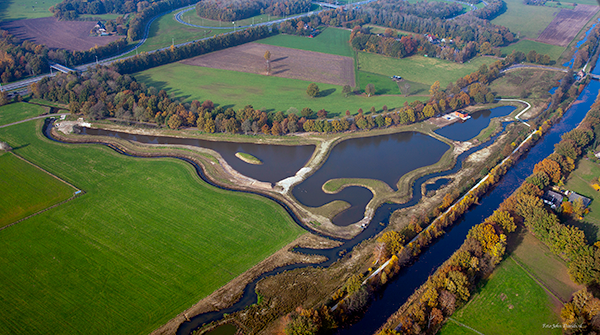
In the Netherlands, Veluwe (in Gelderland province,and one of the research sites) has already seen four recent summer drought events. So although climate change may bring more intense downpours during winter, this may not compensate for faster evaporation during summer. With reservoir capacity limited, and desalinization solutions (using sea water) complicated and expensive, local adaptation solutions in Veluwe focus on ground infiltration techniques
‘What really confronted us with the impact of climate change in the Netherlands,’ says Dr van Engelenburg, ‘was that already during this research, since 2018, we have actually had to deal with several extremely dry summers.’
The EU has made climate action and adaptation its top priority, with research and innovation vital to find solutions for the challenges we face today, and those of the future.
Local solutions for local problems
So in Veluwe, researchers focused on ways to improve infiltration of water into the ground in various ways, in one case focusing on artificial infiltration, using ponds, pumps and pipelines. ‘The research work really helped us to appreciate the value of infiltration as a way to conserve water,’ says Dr van Engelenburg.
“EU-funded research is providing a wide range of technological, behavioural and nature-based solutions to reduce emissions, build climate resilience and promote climate-friendly lifestyles.
To help the work of other team members – who included municipalities and water companies - the researchers analysed the water cycle in each location, made weather forecasts, identified potential hazards and what would happen if they occurred, built a platform to exchange climate data, and listed the different measures that could be taken to start adapting to a changing climate.
Using local knowledge to design local solutions for local problems, the research developed 20 water models for the last 30 years, and the next 85 years. The social and economic implications of the choices are outlined for each location. Forging partnerships between researchers and local (municipality) decision-makers is perhaps the initiative’s most valuable legacy – applying science to inform public policy and solve real-world problems, via a community of practice. This approach is worth replicating across many fields, says Dr van Engelenburg.
‘Ultimately this will be for the benefit of EU citizens. Water companies need to provide a sustainable supply of drinking water for the Dutch people. But climate change is happening and we need to be ready.’
Science, research and innovation: our secret ally
This research is part of the EU’s efforts to discover new ways to prepare for climate change, protect our oceans and waters, and fight cancer. Together, EU countries can work more effectively, by pooling funding and expertise from around the world, coordinating international efforts, and benefitting from local knowhow.
Locally developed solutions have global impact when replicated across the world.
Join researchers on a mission to protect our planet and society, by sharing, liking and following the stories of #ResearchImpactEU.
Research and innovation for the European Green Deal
We are on a mission for 2030!
Explore the European Research and Innovation Exhibition where we showcase concrete solutions for our greatest challenges


